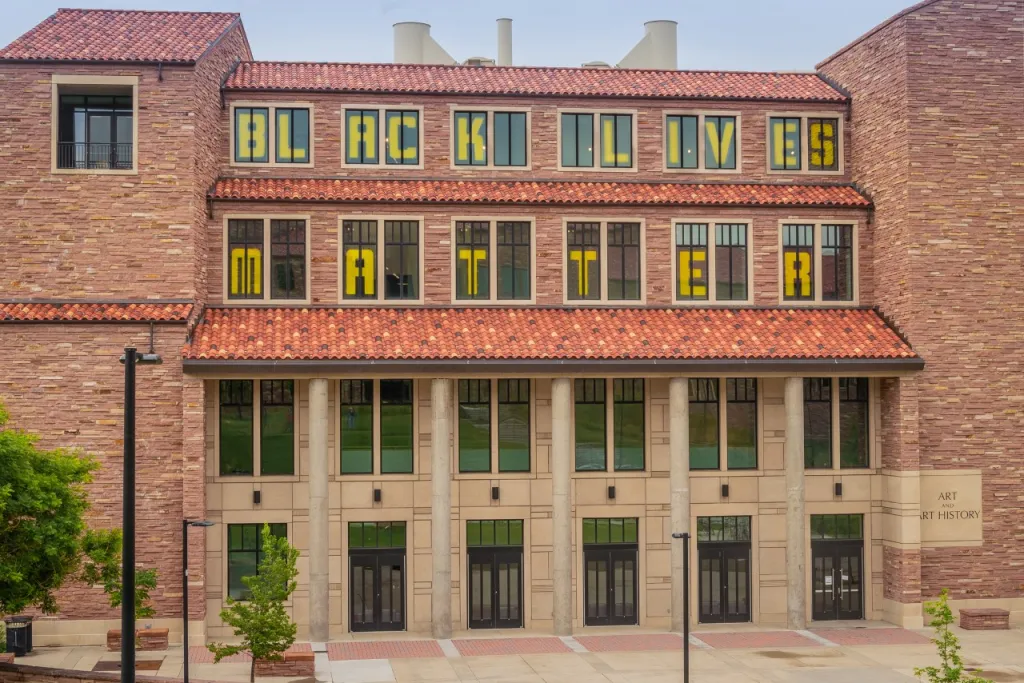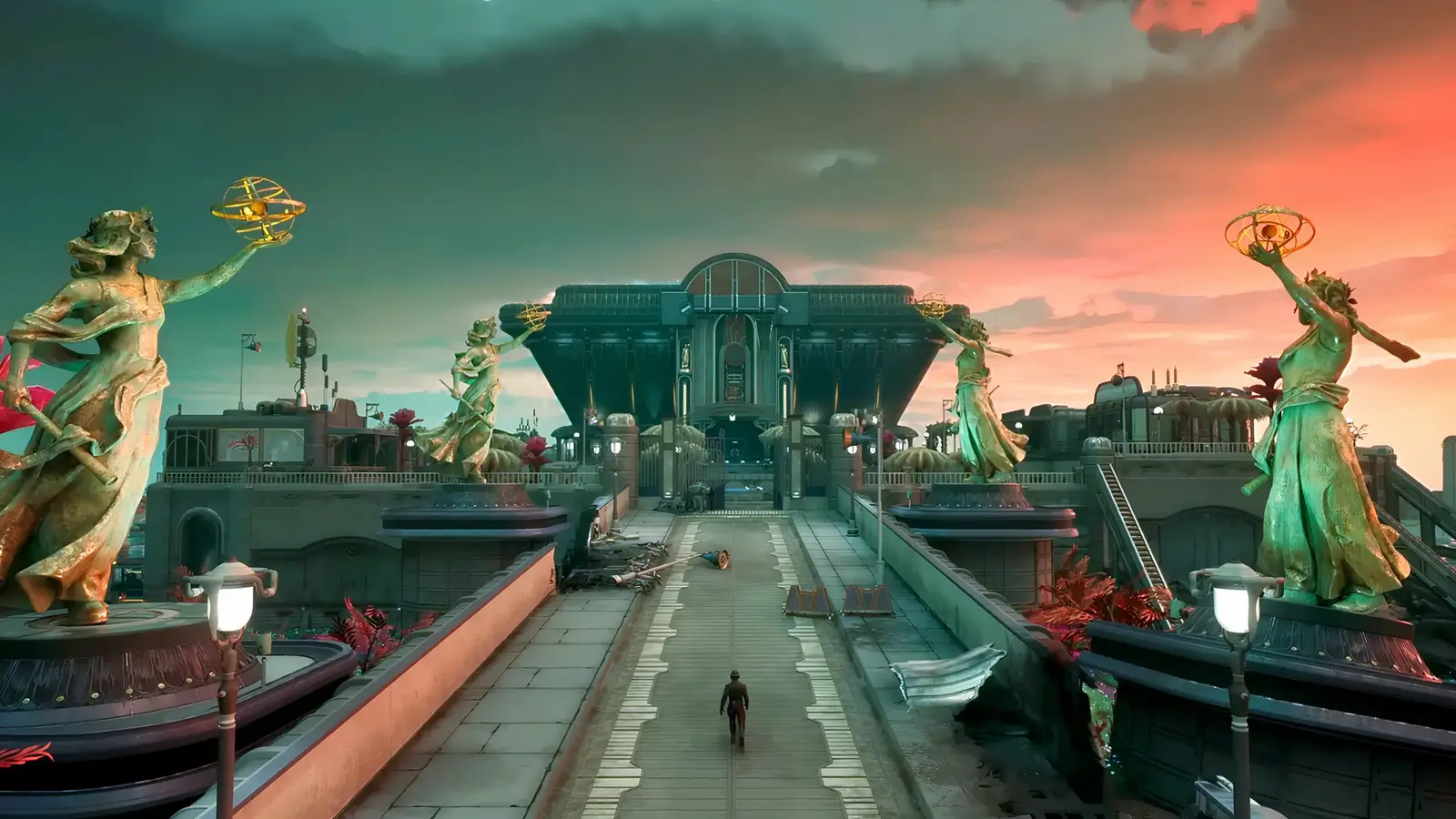Copyright Boulder Daily Camera

By Ella Reese Madden At a moment when Americans are inundated with historically illiterate political movements, CU Boulder still allows students to complete four-year degrees without ever taking a single history course. Do not mistake this as just a benign curricular quirk. It is a declaration that the university does not believe historical literacy is a necessary component of being educated. Let me be unequivocal: This is not a criticism of the History Department. In fact, my most serious intellectual formation at CU has come from historians, a few of whom have been genuine mentors who made me far better than I otherwise would have been. The problem is not the discipline. It is the institutional decision to leave the study of history optional in the very era when it is most indispensable. Students routinely wave off history by saying they are “not good with names and dates,” as if the field were a trivial exercise in rote memorization. Such a reduction is catastrophic. What distinguishes history is its insistence that events, institutions and ideologies have origins; that nothing in public life originates in a vacuum; and that claims about the present must be tested against the record of what has happened before. A university that declines to expose students to historical thinking is producing a public with amnesia. The consequences are not theoretical. The MAGA movement manufactures a usable past, insisting, for example, that the 2020 election was stolen, that America was once racially unblemished, and that the nation was morally superior in some lost golden era to which we must return. This technique is as old as demagoguery itself. A populace without historical training cannot tell whether what it is being asked to believe has ever been true, and thus cannot recognize when the past is being weaponized in the present. CU provides no counterweight to that outcome. The core curriculum can be satisfied through a milquetoast menu of “humanities” credits without even one course in history. In the College of Engineering, the bar is even lower: “humanities” are not required at all, but are pooled into a single social-science-or-humanities catch-all, as if an Intro to Psychology lecture were an adequate substitute for learning, say, how autocrats have secured power across different eras. The university has effectively decided that producing degree-holders matters more than producing historically literate citizens. That may be good for recruitment, but it leaves graduates defenseless against those eager to capitalize on that ignorance. Two reforms would correct this without sacrificing anything else. First: require at least two bona fide history courses — not just generic “humanities” credit hours — for every undergraduate: one in U.S. history, and one in global or comparative history, so that graduates encounter histories beyond the blind spots of their own time. Second: ensure that the required history courses meet the same rigor as the rest of the department. They should demand engagement with primary sources and written analysis anchored in evidence — not the kind of “history for non-majors” course that lets students spectate rather than participate. Content without method is tourism, not training. These proposals are neither radical nor partisan. They do not ask for a return to some imagined golden age. They simply urge that a public university has an obligation to produce adults capable of thinking historically, especially in an age when the absence of that training is the most efficient political weapon deployed against the public. CU Boulder may continue issuing degrees without requiring history courses, or it can continue calling those degrees an education, but it cannot do both. Ella Reese Madden is a student at CU Boulder.



